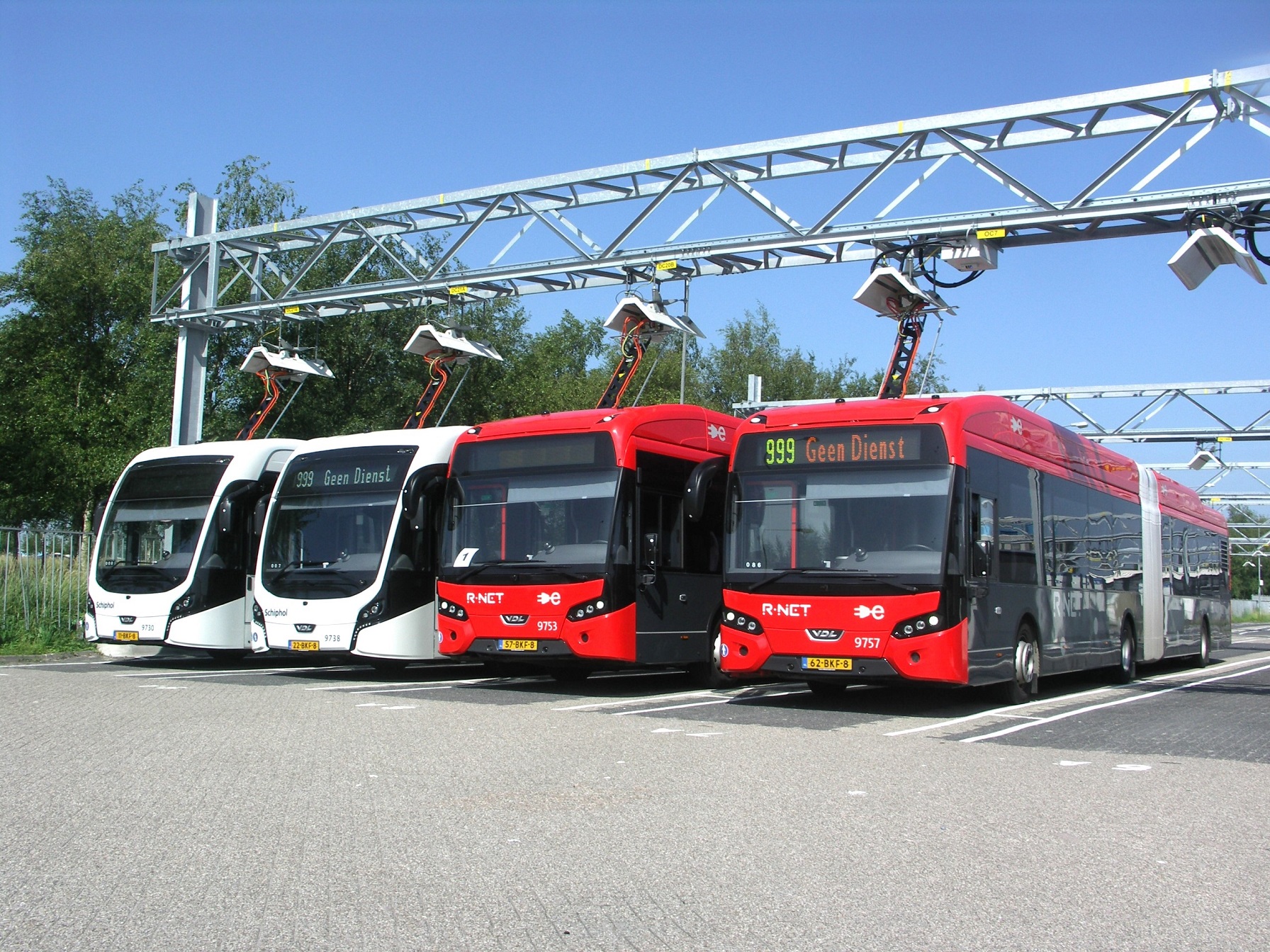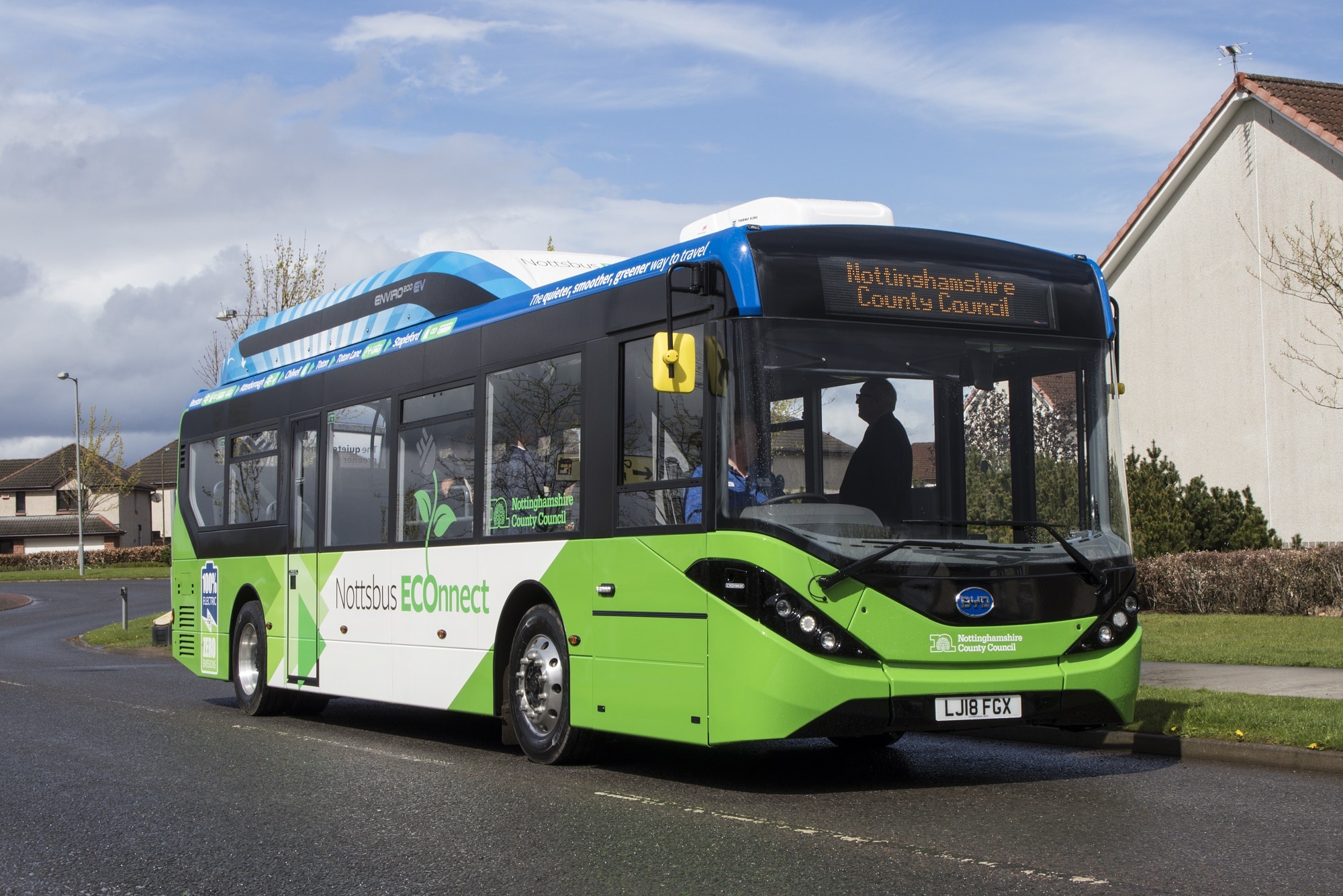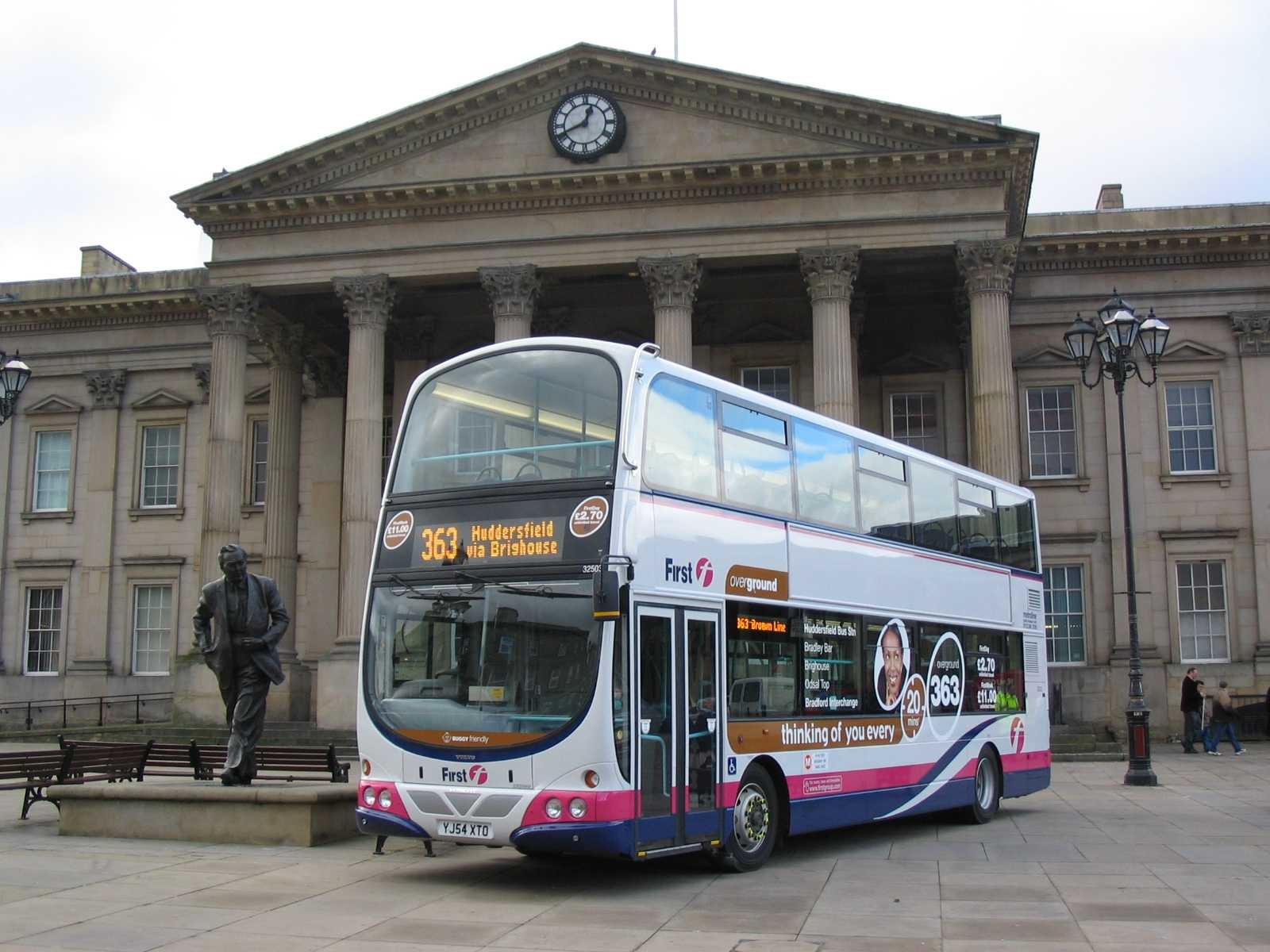Successful operation of battery-electric buses is more complex than it is for their diesel predecessors. It leans on collaboration with suppliers and use of data. Global mobility provider Transdev has gone further than that by working with four companies, including IT system delivery specialist BluMarbl, to create a tool that leverages both to accurately and efficiently plan, monitor and model the deployment of those vehicles. Among the other partners is PwC, which has worked on the financial model.
BluMarbl has been mentioned before in routeone. It is led by Andrew Luckett, part of the family that formerly owned coach operator Lucketts Travel Group, and is involved with work in Scotland around the second round of the Scottish Zero Emission Bus challenge fund.
Transdev has christened the tool Take Charge. Andrew explains that it has multiple pillars. It is not just an operational dashboard or a management portal. “It was also created to look at charging patterns and strategies and how batteries last,” he explains. “And to enable contracts to be tendered for profitably.”
Take Charge: Set to be a global Transdev tool
Transdev first rolled out Take Charge in the Netherlands, where Andrew’s latter point is as important as the tool’s other strengths. That country is a leader in the deployment of battery-electric buses on a fleet percentage basis and they operate some testing duty cycles. Few are more demanding than routes run under contract by Transdev around Schiphol airport. They are 24/7 and use opportunity charging.
Zero-emission has multiple influences on how operations are structured, observes Transdev Energy Management Advisor Robért Weijers. He notes that while such factors can be considered individually, they usually have an effect on each other. “If you make one decision, it could interfere with the next vehicle,” he says. One of Take Charge’s core considerations is mitigating that and providing a holistic viewpoint.
For small battery-electric fleets, monitoring and planning can be done via more conventional means. But an overarching approach is called for when things grow. Transdev realised in 2017 that it needed either to buy such a tool or commission its creation. Key was for the resulting product not to be a simple modelling platform, but instead something that guides the transition to zero-emission “in a broad perspective,” Robért adds.
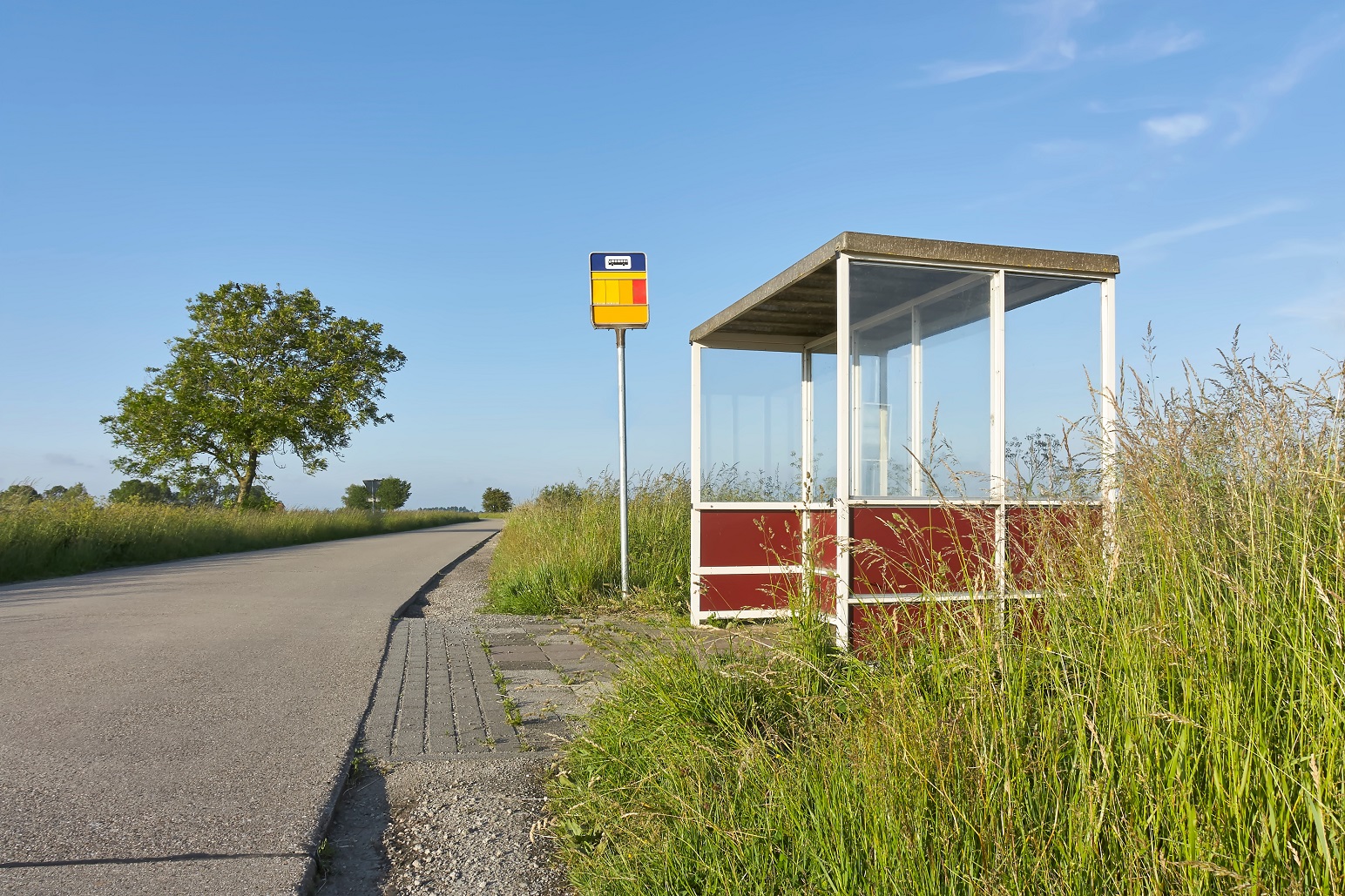
The result involves all levels of operations, including drivers. Take Charge has seen various iterations, but dealing with range anxiety was a priority at the beginning; it uses harvested data, including from vehicle telematics, to demonstrate that a bus with a specified level of charge will complete a duty.
Weather conditions, time of year, a driver’s individual style and other factors are included in that modelling. Data is continually collected from many points and combined into Take Charge to develop its decision-making capabilities.
Charging strategies a major part of Take Charge
Use of that data influences charging strategies. Actual consumption figures enable energy replenishment to be optimised. That has permitted the peak draw at some depots to be shaved considerably. Such work can reduce network connection costs in the pressured Dutch electricity market.
Robért notes that where flex in grid draw is modelled by Take Charge, it can influence how provision of power can be contracted. As an alternative, it can enable additional mileage without the need to increase depot energy supply. Take Charge works with driver and vehicle scheduling software when making such calculations.
When the tool was first introduced there was some scepticism from staff, but Transdev undertook an extensive programme of engagement to demonstrate its value. Now, those that doubted Take Charge’s worth are often the first to complement it.
‘Dummy run’ modelling capabilities are useful
In addition to managing operational and charging needs, the tool can model scenarios. Such capability is useful as part of plotting possible changes, but it also brings benefits when bidding for contracts. There, Transdev has no real-time data to use, but it does have Take Charge and what Group Chief Data and Technology Officer Laurent Verhoest describes as “expert teams” in areas including bid preparation and zero-emission.
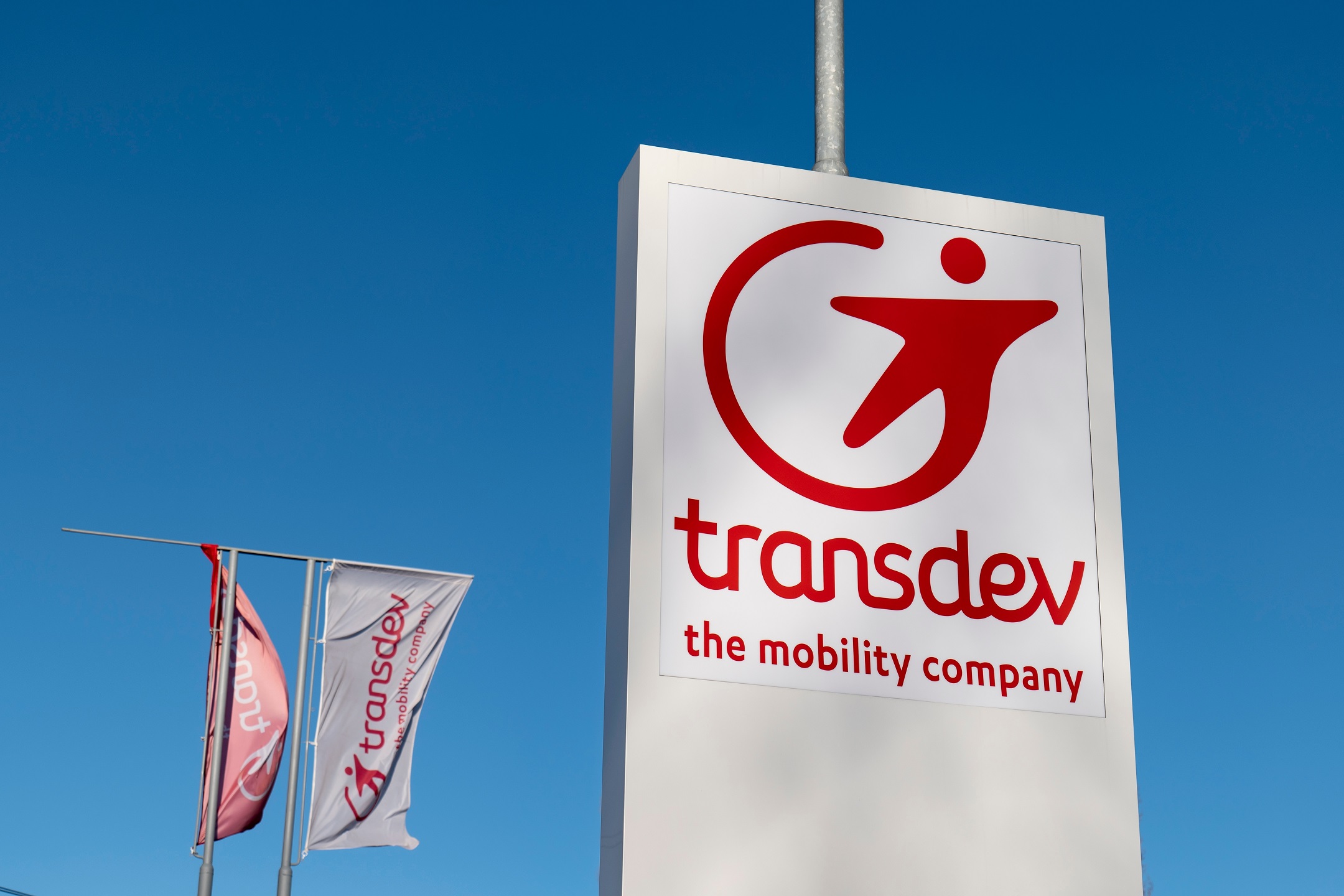
Another party involved with Take Charge has enabled that modelling to ‘load in’ projected vehicle types, capital and operational expenditure and other outgoings. The output is what Andrew calls “predictive running costs at a high level” that form part of detailed bid preparation. Where constraints on electricity availability are in play, they can also be factored into, and influence, the submission.
The Netherlands leads on Transdev’s deployment of Take Charge, but the group is in the process of rolling it out elsewhere. It is already part of bid preparation in two other markets, although Laurent notes that some contracts keep expenditure responsibilities with the tendering body rather than the operator. In less-intensive circumstances, there may also be modest motivation to fine-tune charging strategies. Laurent does not rule out Take Charge coming to Transdev operations in the UK as electrification spreads.
Robért concludes by saying that Take Charge has delivered multiple positives in the Netherlands, both financial and otherwise. “The real benefit is the optimisation of our timetables,” he says. The tool also allows Transdev to optimise battery warranty coverage, challenge OEMs on energy capacities, and maximise the lives of vehicles’ energy storage through multiple means. And all is done via the leveraging of data.





















